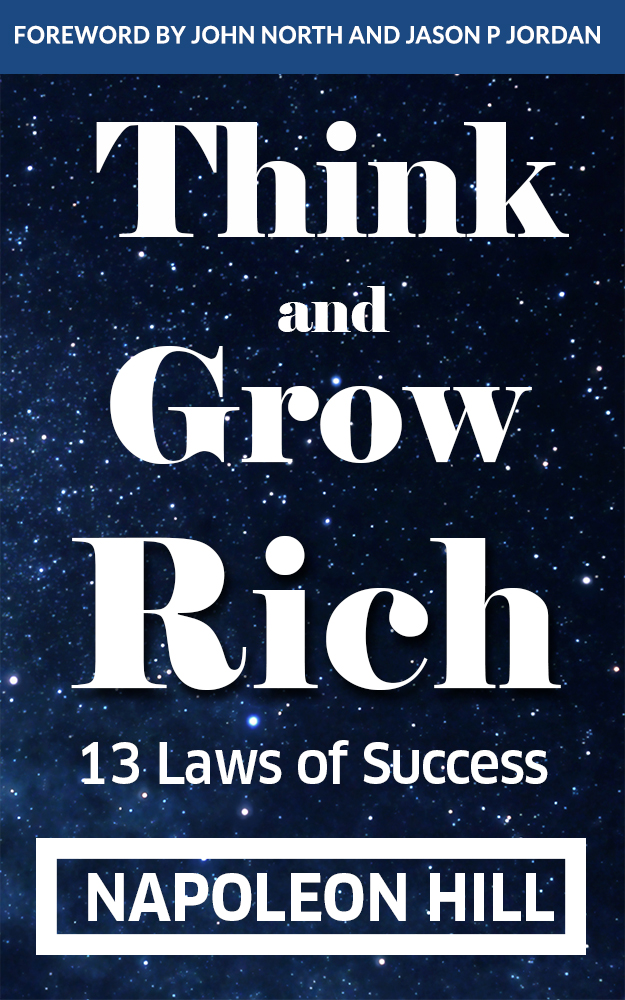The Imperative Habit:
7 Non-Spiritual Practices Towards Spiritual Behavior - For Happiness, Health, Love and Success
By Dave Rossi
GRAB A COPY HERE: https://evolvepreneur.club/show-book/B081YL62GN
This book advocates for seven "non-spiritual" yet "spiritual" habits to achieve happiness, health, love, and success. It draws heavily on the author's personal transformation, emphasizing self-awareness, conscious choice, and challenging ingrained beliefs.
Key Ideas & Practices:
The Imperative Habit: A four-stage process for conscious living:
-
Grab the moment: Become aware of your thoughts and emotions in response to a stimulus.
-
Observe your emotions: Identify the specific emotion and the thought driving it.
-
Accept: Acknowledge the situation for what it is, without judgment, resistance, or attachment to a specific outcome.
-
Respond with intention: Align your response with your goals and values, rather than reacting automatically from your conditioned self.
The Conditioned Self vs. The Real Self:
-
Conditioned Self: A reactive, fear-driven operating system shaped by past programming, societal expectations, and limiting beliefs. It seeks external validation and often sabotages our goals.
“The conditioned self defines ‘who I am’ as ‘what I have,’ ‘what I do,’ and ‘what people think of me.’”
-
Real Self: Our authentic, intuitive core that emerges through conscious choice and self-awareness. It seeks fulfillment through meaningful goals and genuine connection.
“What is left? Who are you? ... If you aren’t any of these things, what’s left?”
Seven Imperative Habits:
-
Accept everything: Embrace reality as it is, including your flaws, setbacks, and other people's choices.
“When I say acceptance, I mean everything: accept your own weaknesses and flaws, accept a flat tire, accept another person’s point of view..."
-
Do not fear the outcome: Focus on what you can control – your actions and your responses – rather than worrying about potential results.
“What if you just felt comfortable with the series of events ... and you let go of the outcome?”
-
Practice happiness: Cultivate happiness as a state of being, not a fleeting emotion dependent on external factors.
“To practice tapping into happiness, close your eyes for a moment and take a few breaths. ... Visualize a time you felt truly happy.”
-
Be present: Give your full attention to the current moment, letting go of past regrets and future anxieties.
“Being present is the ability to give extreme focus, not by focus alone, but by turning down the chatter.”
-
Do not judge: Refrain from criticizing yourself and others, recognizing that judgment is based on subjective standards and often inaccurate.
“Judgment is a comparison. We compare based on an unknown, imaginary ‘standard,’ programmed into our conditioned self.”
-
Respond with love and compassion: Approach yourself and others with kindness, understanding, and empathy.
“For some, we think of love as connectedness to other people. ... All these emotions come back to a single word, love.”
-
Have faith: Believe in your ability to change and grow, even when facing challenges or uncertainty.
“To me, faith is persevering through something more ambiguous or an event that you may not even know what it is…”
Applications:
-
Relationships: Overcome fear of loss, choose partners based on genuine connection rather than biological impulses, and navigate conflict with acceptance and compassion.
“When you are in your real self, your valuation of yourself is based on a different set of criteria–or no criteria, at all.”
-
Workplace: Detach from external validation (money, status), find fulfillment in meaningful work, and navigate challenges with integrity and authenticity.
“Breaking free from this currency of external valuation will be extremely liberating. It will create real and longlasting happiness and success in your life.”
-
Health: Make conscious choices about your body based on self-love and long-term well-being, rather than succumbing to guilt, willpower battles, or societal pressures.
“…my definition of success in health and fitness is: To have the ability to make the choices you want, for your life, for your body.”
Overall Message: By consciously adopting these seven habits, individuals can shed their conditioned selves, embrace their authentic potential, and create a life filled with purpose, happiness, and fulfillment. The journey requires self-reflection, consistent practice, and a willingness to challenge ingrained beliefs.
The Imperative Habit: 7 Non-Spiritual Practices Towards Spiritual Behavior FAQ
1. What is the Imperative Habit?
The Imperative Habit is a set of seven practices that, when applied consistently, can lead to a happier, healthier, and more fulfilling life. These practices are not rooted in any specific religion or spiritual tradition but rather focus on cultivating what the author calls "spiritual behavior".
2. What are the 7 Non-Spiritual Practices of the Imperative Habit?
- Accept everything: Embrace the reality of every situation, both positive and negative, without dwelling on what could have been.
- Do not fear the outcome: Release the need to control external events and trust that the journey itself holds value, regardless of the result.
- Happiness as a practice: Choose happiness in every moment, recognizing that it is a state of being rather than a fleeting emotion.
- Be present: Engage fully in the current moment, releasing thoughts about the past and worries about the future.
- Do not judge: Observe yourself and others without criticism, recognizing that everyone is on their own unique path.
- Respond with love and compassion: Approach every interaction with kindness and understanding, even in challenging situations.
- Have faith: Believe in your own potential for growth and trust that the universe will support you on your journey.
3. What is the "conditioned self", and how does it prevent me from achieving my goals?
The "conditioned self" is a collection of beliefs, habits, and reactions formed from childhood experiences, societal expectations, and past programming. It often operates on autopilot, leading us to make choices based on fear, insecurity, and limiting beliefs, ultimately hindering personal growth and fulfillment.
4. How does the concept of "grabbing the moment in time" relate to the Imperative Habit?
"Grabbing the moment in time" refers to developing the awareness to pause between a stimulus and your automatic reaction. This pause creates space for conscious choice, allowing you to respond in a way aligned with your true self and desired outcomes, rather than being controlled by your conditioned self.
5. How can I overcome the fear of judgment that prevents me from making positive changes in my life?
Recognizing that judgment stems from insecurity and a need for validation is crucial. By focusing on your own values and aspirations, rather than seeking approval from external sources, you can start making choices that serve your own growth and happiness. Remember, true validation comes from within.
6. How can the Imperative Habit improve my relationships?
By approaching relationships with acceptance, non-judgment, and a focus on the present moment, you can foster deeper connections built on authenticity and compassion. Letting go of the fear of the outcome, particularly the fear of loneliness or rejection, allows you to experience relationships with more freedom and joy.
7. How does the Imperative Habit apply to my health and well-being?
Applying the Imperative Habit to your health involves making conscious choices that support your well-being, even when faced with temptations or challenges. By silencing the negative self-talk and replacing it with empowering beliefs, you can develop a healthier relationship with your body and make sustainable changes to your lifestyle.
8. What is the importance of rereading self-help books like "The Imperative Habit"?
As you evolve and grow, your understanding of the concepts presented in self-help books can deepen. Rereading allows you to gain new insights, discover previously missed points, and further integrate the teachings into your life, creating a more profound and lasting impact.








